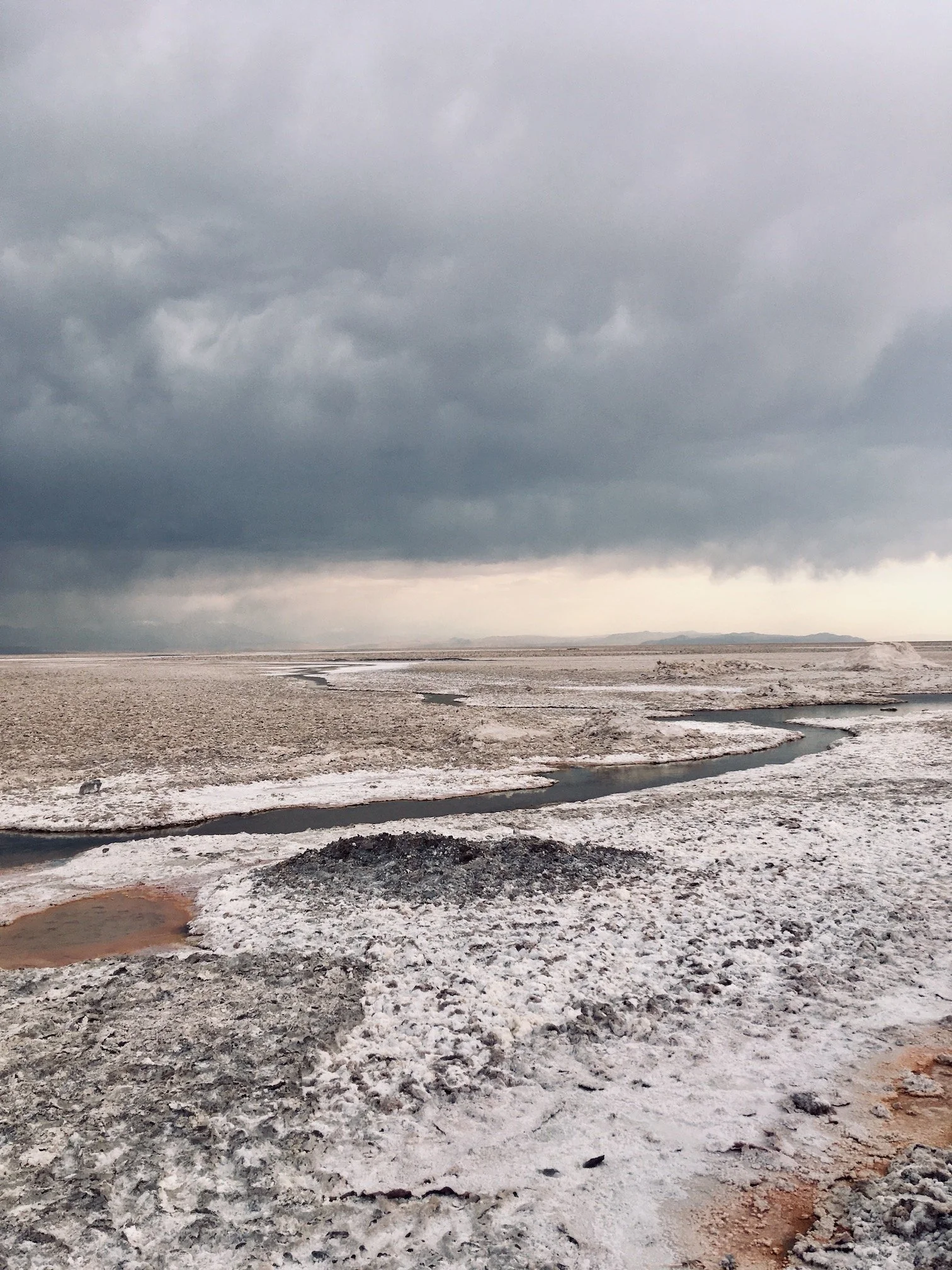Resource Radicals: From Petro-nationalism to Post-extractivism in Ecuador
Duke University Press, 2020
In 2007, the left came to power in Ecuador. In the years that followed, the “twenty-first-century socialist” government and a coalition of grassroots activists came to blows over the extraction of natural resources. Each side declared the other a perversion of leftism and the principles of socioeconomic equality, popular empowerment, and anti-imperialism.
In Resource Radicals, Thea Riofrancos unpacks the conflict between these two leftisms: on the one hand, the administration's resource nationalism and focus on economic development; and on the other, the anti-extractivism of grassroots activists who condemned the government's disregard for nature and indigenous communities.
Through archival and ethnographic study, Riofrancos expands the study of resource politics by decentering state resource policy and locating it in a field of political struggle populated by actors with conflicting visions of resource extraction. She demonstrates how Ecuador's commodity-dependent economy and history of indigenous uprisings offer a unique opportunity to understand development, democracy, and the ecological foundations of global capitalism.
A Planet to Win: Why We Need a Green New Deal
co-authored with Kate Aronoff, Alyssa Battistoni and Daniel Aldana Cohen with a foreword by Naomi Klein.
Verso Books, 2019
In the twenty-first century, all politics are climate politics. The age of climate gradualism is over, as unprecedented disasters are exacerbated by inequalities of race and class. We need profound, radical change.
A Green New Deal can tackle the climate emergency and rampant inequality at the same time. Cutting carbon emissions while winning immediate gains for the many is the only way to build a movement strong enough to defeat big oil, big business, and the super-rich—starting right now.
A Planet to Win explores the political potential and concrete first steps of a Green New Deal. It calls for dismantling the fossil fuel industry, building beautiful landscapes of renewable energy, and guaranteeing climate-friendly work, no-carbon housing, and free public transit. And it shows how a Green New Deal in the United States can strengthen climate justice movements worldwide. We stand on the brink of disaster—but also at the cusp of wondrous, transformative change.
Author's photo of Los Flamencos National Reserve. Atacama Desert, Chile
Extraction: The Frontiers of Green Capitalism
W.W. Norton, Forthcoming
Extraction: The Frontiers of Green Capitalism explores the rapidly emerging global lithium industry, which is required to source batteries essential to green economies, electric vehicles, and wind and solar energy storage, but does so through environmentally destructive mining.
Traveling along the global lithium frontier from Chile to Portugal to Nevada, Riofrancos unveils a world-historic energy transition fraught with geopolitical tension, corporate power, environmental damage, and militant protest, and offering new paradigms that can rejoin the movements for clean energy and social justice.


